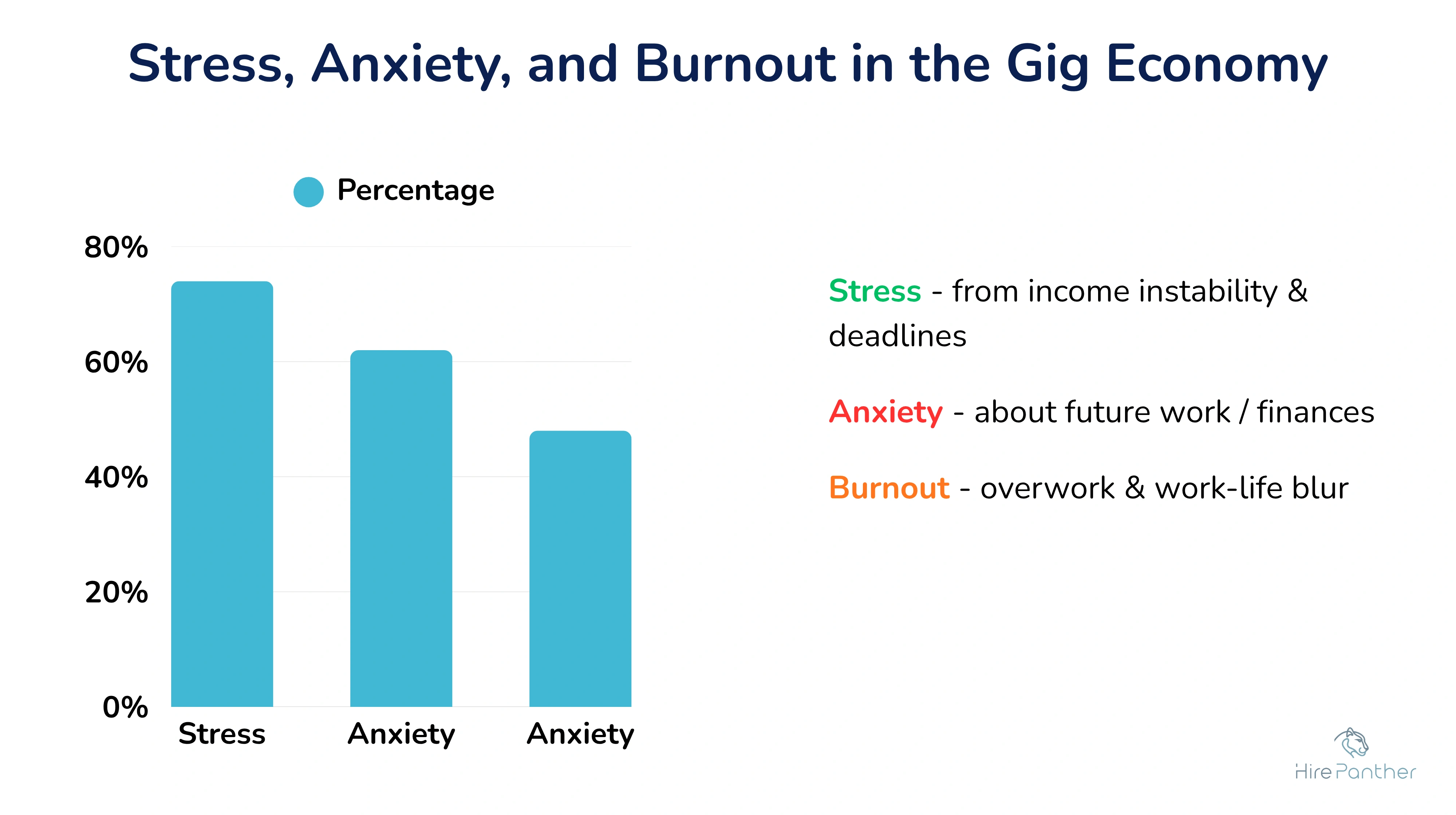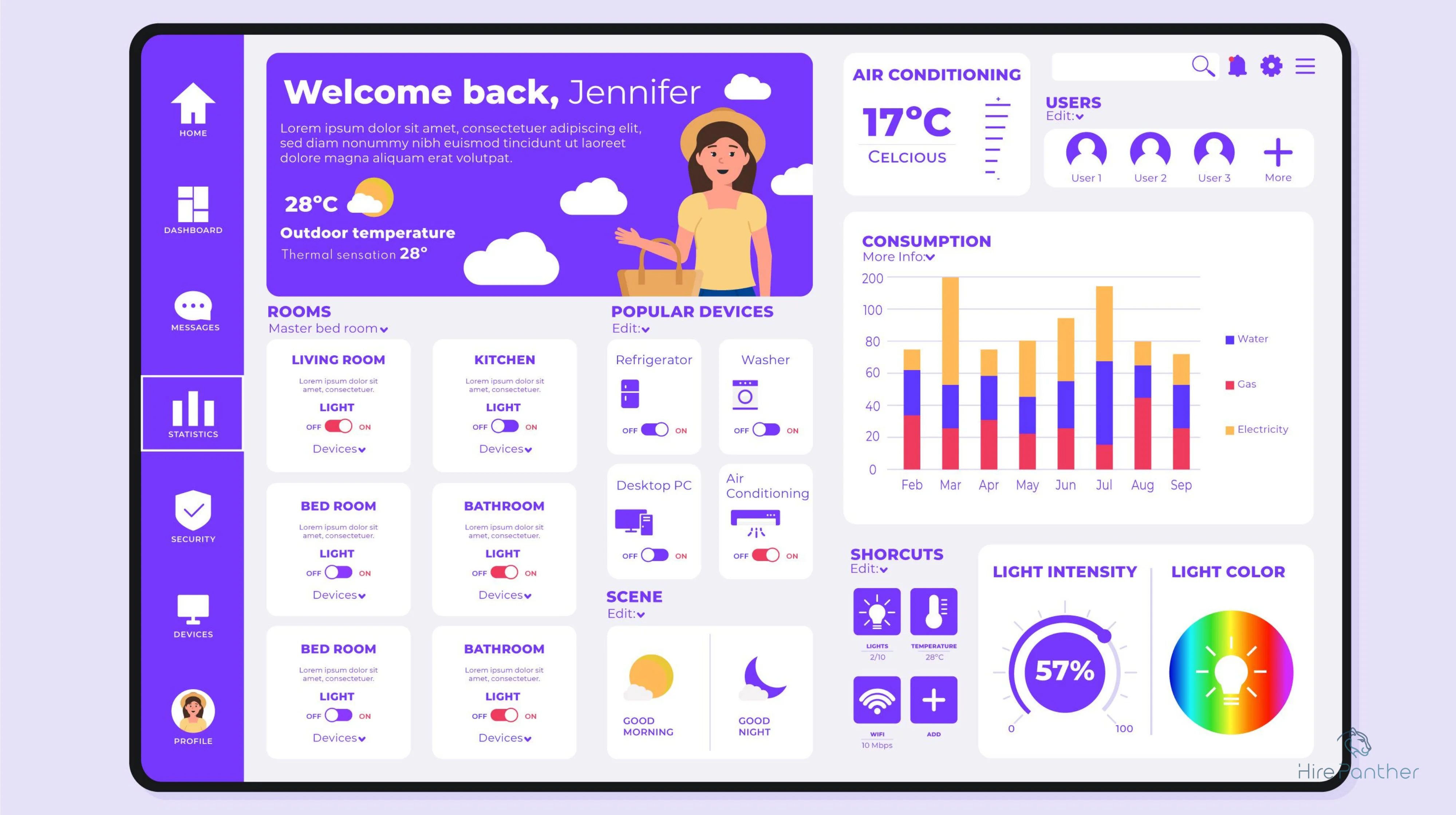Gig Work and Mental Health: Challenges and Solutions for Canadian Workers
- 02 Oct, 2025

Introduction: Freelance Freedom or Hidden Stress?
While gig work offers flexibility and autonomy, it often comes at a hidden cost—mental health. In 2025, Canadian freelancers are increasingly speaking out about burnout, loneliness, and financial anxiety linked to the gig lifestyle.
Without stable hours, benefits, or community support, many gig workers are vulnerable to stress-related challenges. In this post, we examine the root causes and practical solutions to protect mental health in Canada’s growing freelance sector.

Common Mental Health Challenges for Gig Workers
1. Isolation and Loneliness
- Working solo from home or on the road can limit social interaction.
- Lack of team camaraderie or in-person engagement impacts emotional well-being.
2. Income Instability
- Unpredictable earnings lead to chronic stress and financial anxiety.
- Gig workers often juggle multiple jobs, creating constant pressure.
3. Work-Life Blur
- Without clear boundaries, gig workers often overwork.
- Clients may expect 24/7 availability, increasing burnout risk.
4. Lack of Health Benefits
- No access to therapy, counselling, or paid time off makes recovery harder.

Coping Strategies and Wellness Practices
A. Building a Routine
- Create work boundaries:
- Set work hours and stick to them
- Schedule regular breaks and time off
B. Digital Detox & Screen Hygiene
- Limit late-night work
- Use time-blocking tools to avoid overload
C. Staying Connected
- Join online or local freelancer communities (e.g., Reddit, Facebook Groups, coworking meetups)
- Attend virtual industry events or webinars
D. Invest in Mental Health Tools
- Use affordable therapy apps like BetterHelp or Maple
- Practice mindfulness (e.g., Headspace, Calm)
- Consider joining benefits pools through platforms like HirePanther (if available)
Role of Platforms and Policymakers
To support gig worker well-being, platforms and governments can:
- Offer access to subsidized mental health services
- Create freelancer support hotlines
- Build optional paid time-off structures or rest credits
- Establish grievance systems to report toxic client behavior

Case Study: A Freelancer’s Mental Health Turnaround
Maya, a Toronto-based virtual assistant, faced burnout from juggling five clients. After integrating time-blocking, joining a Slack peer community, and using a subsidized therapy app, she reports increased focus and reduced stress.
Conclusion: It’s Time to Normalize Support for Gig Workers
The gig economy isn’t going away—and neither are its mental health implications. To ensure gig work remains a sustainable career path, both individuals and institutions must prioritize wellness.
At HirePanther, we’re committed to helping freelancers thrive—personally and professionally. Subscribe to our newsletter for updates on support tools, policy news, and wellness content.
